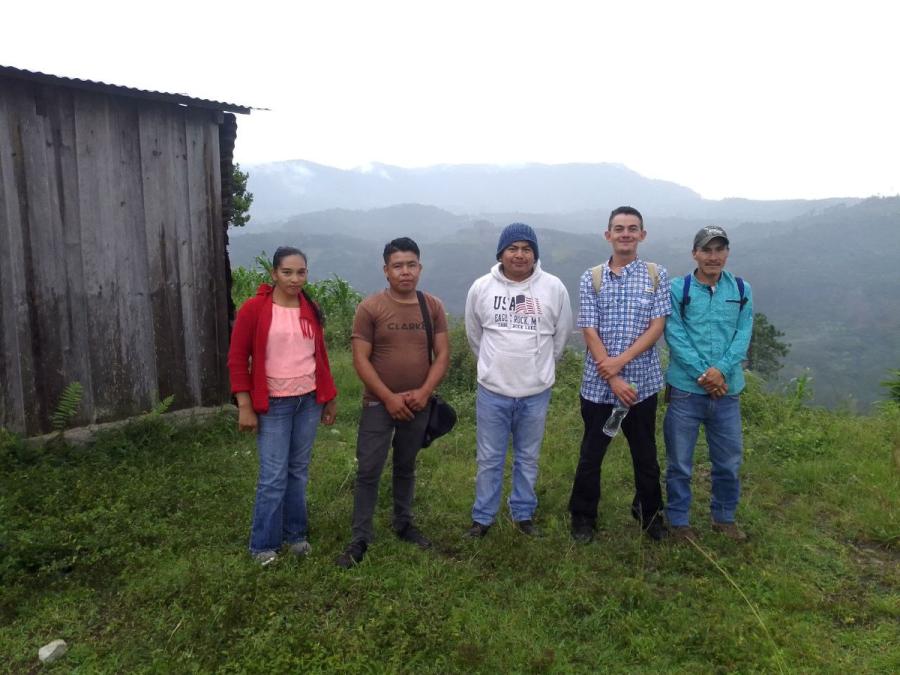
Violence against Indigenous rights defenders continues in Honduras as yet another activist was murdered on Wednesday, July 6, 2016. A woman identified as Lesbia Yaneth Urquia was found dead near a garbage facility in Marcala with several head wounds. Her death is the latest in a series of murders of human rights activists in Honduras, including her colleagues Berta Cáceres and Nelson Garcia.
Mother and local merchant, Urquia was described as an outspoken community leader in Marcala who became well known for her activism after the 2009 Honduran coup. Her activism was associated with the Council of Popular and Indigenous Organizations of Honduras (COPINH), though she was not a member. In a press release, the organization stated that "death of Lesbia Yaneth is a political femicide, and an attempt to silence the voice of those brave women who are courageously defending their rights and opposing the patriarchal, racist and capitalist system of of their society."
Cáceres, an environmental activist, Lenca rights advocate, and mother of four, was assassinated in March. She worked as the coordinator of the Commission of Indigenous Peoples of Honduras (COPINH) and was heavily involved in leading a campaign against the construction of the Agua Zarca hydroelectric dam in the Gualcarque River, a sacred site for the Lenca people. It was a result of her work that the largest contractor of this dam at the international level, Sinohydro, pulled out of the process. She and her community won the Goldman Environmental Prize for this achievement.
After receiving multiple death threats for her work, Cáceres was granted precautionary measures from the Inter-American Commission on Human Rights (IACHR), meaning that the government of Honduras was obligated to provide police protection. However, there was no police detail protecting her on the night of her death.
Just 12 days later on March 15th, Nelson Garcia, another outspoken member of COPINH, was gunned down in the Rio Chiquito community. Garcia had been involved in a land dispute to reclaim Indigenous lands in Rio Chiquito along with 150 families who were members of COPINH. Though it is not clear who was behind the killing, Garcia was killed on his way home after Honduran soldiers were sent to evacuate the community. He was the father of five and the leader in the community of Rio Chiquito.
Four months later, the vicious and systematic murders of Indigenous human rights defenders in Honduras continue. Urquia is believed to have been killed, like Cáceres, for protesting the Agua Zarca dam. Her death is the most recent example of political violence that has plagued the country since the 2009 US-backed coup that forced the democratically elected president, Manuel Zelaya, out of office. Crime and homicide have risen sharply—especially against women, Indigenous Peoples, and human rights defenders. At least 116 environmental and human rights defenders were killed in 2014, according to Global Witness, but many suspect that number to be much higher. Cáceres was active in leading protests against the coup.
Four men suspected in Cáceres’ murder were arrested in May. One of the suspects is a member of Desarrollos Energéticos S.A. de C.V. (DESA), the Honduran company responsible for the construction of Agua Zarca. Two of the other suspects are both active and retired members of the Honduran military. Given security footage of these men entering Cáceres’ home on the night of her murder, a judge decided that the men will be tried for her assassination and held in prison until the trial.
COPINH and Caceres’ family do not see this as justice being served, however. They demand that authorities find those who orchestrated the crime, not just try those who carried out the murder. Her family is demanding the creation of an independent group of international investigators led by the Inter-American Commission on Human Rights (IACHR) in order to conduct an objective investigation. The Honduran government has not responded to this demand. UN Special Rapporteur Victoria Tauli-Corpuz, expressed her own concern about the situation: “You cannot delink the fight of Indigenous people for their lands, territories and resources from the violence that’s committed against Indigenous women (and men), especially if this is a violence that is perpetrated by state authorities or by corporate security.”
Cultural Survival condemns the continued systematic persecution of and violence against Indigenous activists and demands that the Honduran government and IACHR fulfill justice for the leaders who lost their lives in their struggle for human rights.
Photo Courtesy of COPINH.

